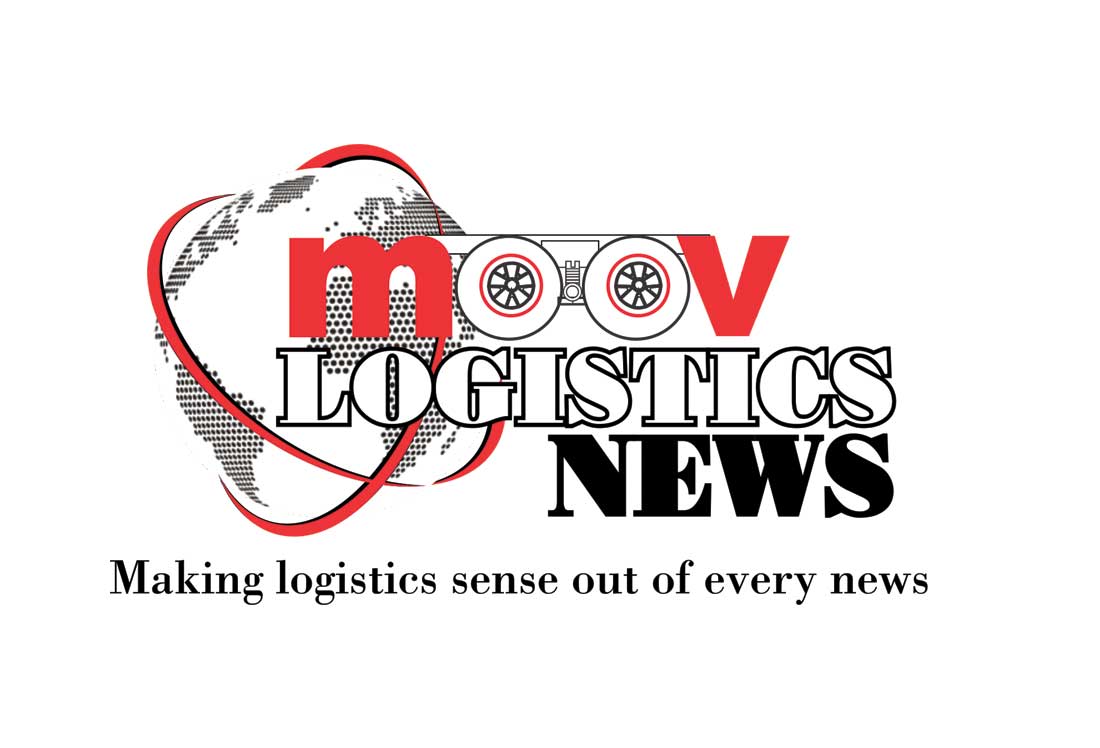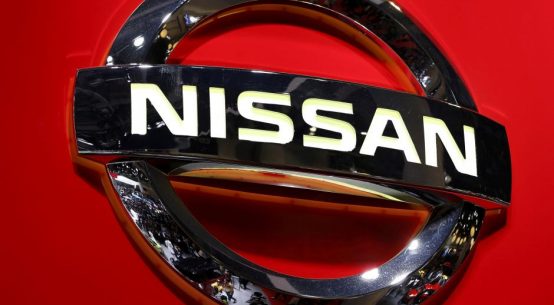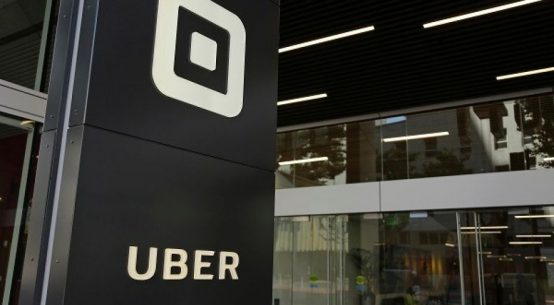
Johannesburg – THE world’s leading provider of global mobile satellite communications has predicted the Internet of Things (IoT) to play a pivotal role in enabling the transport and logistics sector to reduce carbon footprint and minimize the negative impact on the environment.
Inmarsat said research findings indicate that 95 percent of companies in the sector are actively implementing IoT technologies to improve their environmental sustainability.
The research conducted by Vanson Bourne for ‘The Future of IoT in Enterprise’ report collected responses from 100 large global transportation companies and found that 44 percent of companies are prioritizing environmental monitoring as a key area for IoT deployment.
Moreover, 15 percent stated they had increased their environmental sustainability as a direct result of their IoT deployments.
A further 65 percent expected to do so in future, highlighting the effectiveness of the technology in this area.
Mike Holdsworth, Director of Transport at Inmarsat Enterprise, said the International Transport Forum estimates that heightening travel demands could see global carbon emissions from transport increase by 60 percent by 2050.
The figure that is based on the assumption of significant progress with the adoption of greener technologies.
Holdsworth said without such progress, the figure was expected to be considerably higher.
“The transport industry needs to get smarter if the sector is to successfully accommodate these changes and limit its impact on the environment, and it is clear that many are putting their hopes in IoT to help them achieve that.”
Holdsworth said IoT could have an immediate and considerable impact on the emissions of logistics companies today.
IoT can address faulty equipment, engine damage and poor route planning by utilising smart telematics devices, diagnostic sensors and accelerometers to gather engine status data and automatically notify fleet managers with instant alerts of damage or faults.
This information can be used to limit engine wear-and-tear and increase average miles-per-gallon (MPG), indirectly reducing overall emissions and minimising wastage by extending the lifespan of each vehicle.
“By utilising the IoT over a satellite connection and making immediate strategic adjustments, transport organisations will have a distinct advantage over their competition in achieving environmental sustainability,” Holdsworth concluded.








